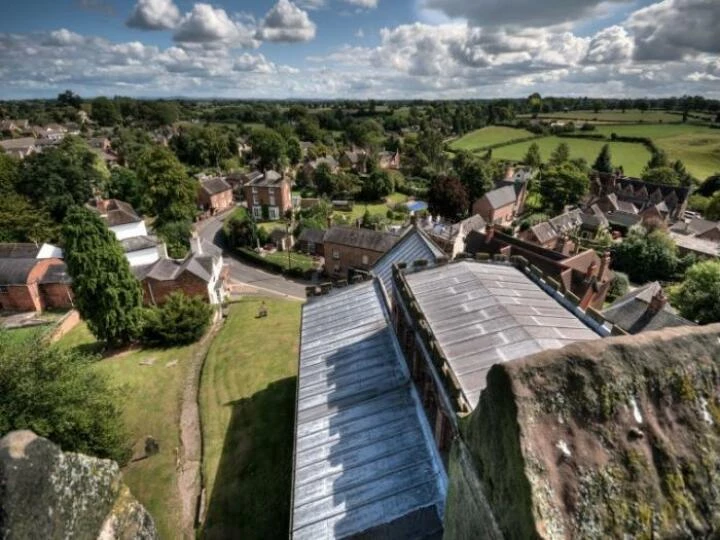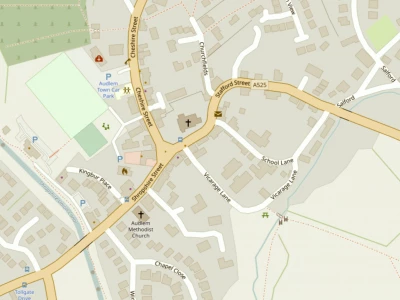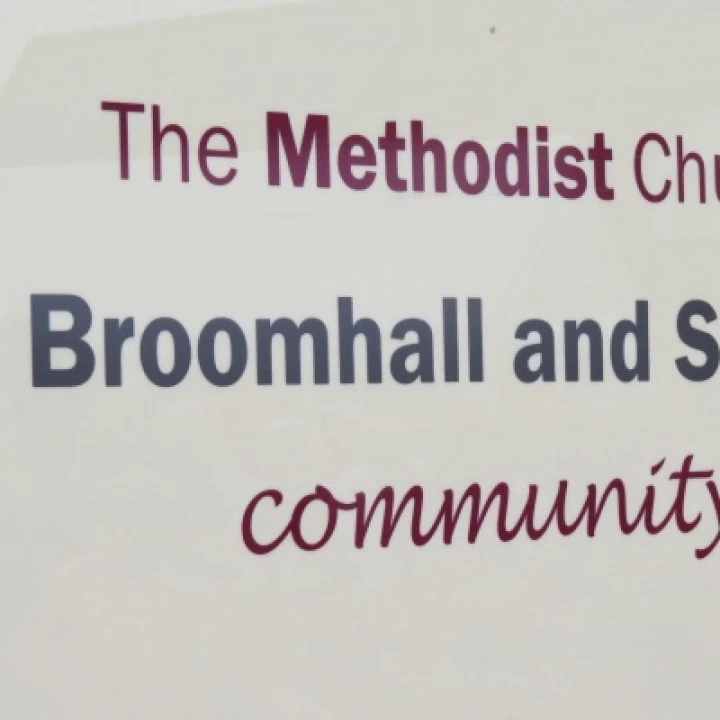

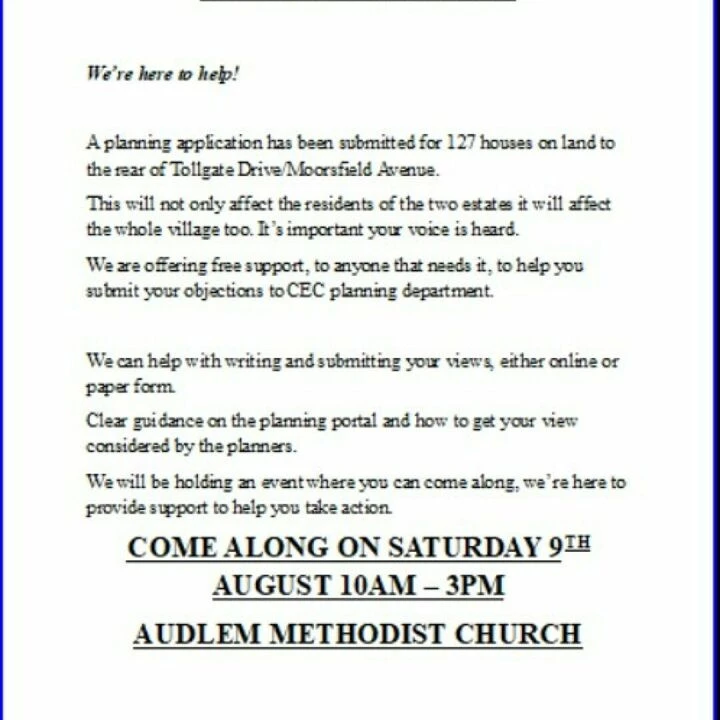
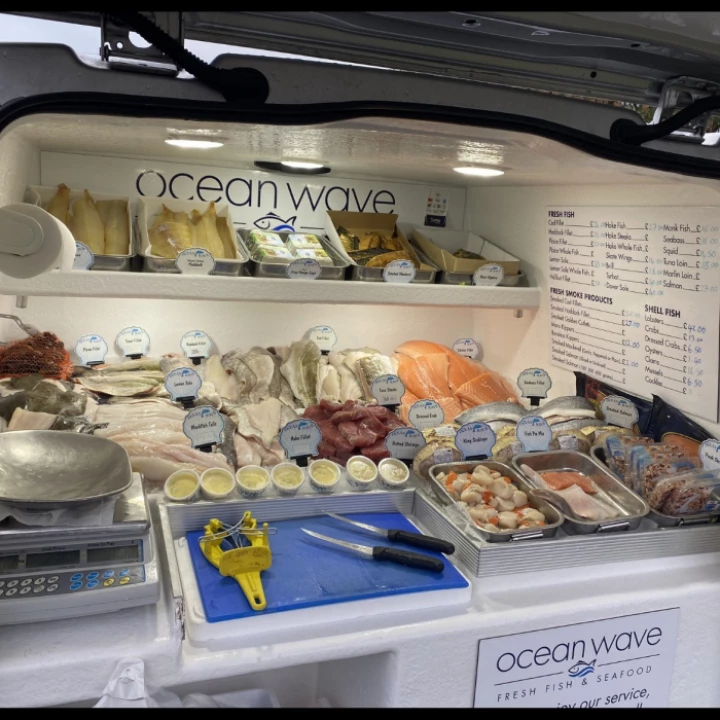

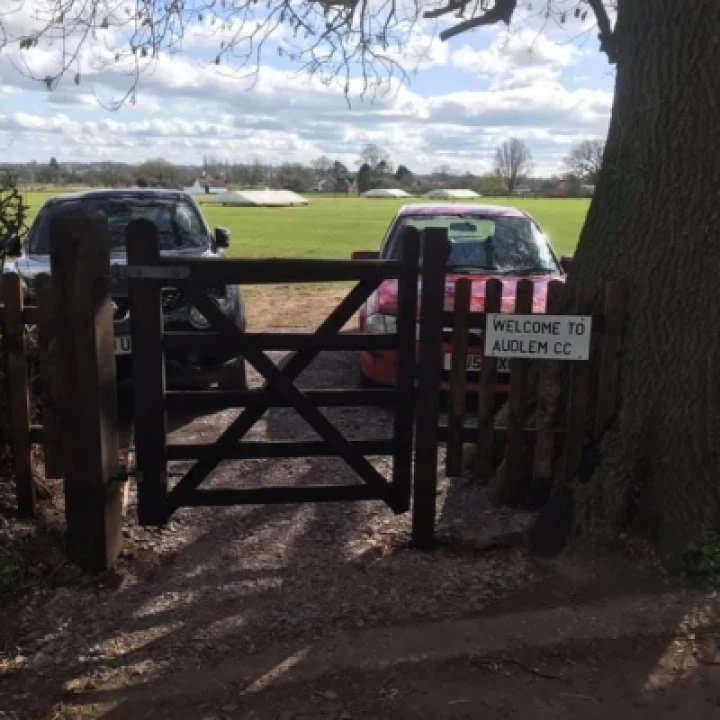


On 2nd June 1851 the state of Maine became the first in the United States to prohibit the recreational consumption of Alcohol.
Temperance activist Neal Dow helped craft the Maine liquor law while he was mayor of Portland, Maine. The law's wording included that the sale of all alcoholic beverages except for "medicinal, mechanical or manufacturing purposes" was prohibited. Word of the law's passage quickly spread elsewhere in the nation, and by 1855 twelve states had joined Maine in total prohibition. Known as "dry" states, these states were the opposite of "wet" states, where no prohibition laws existed.
National Prohibition began on January 16th 1920, when the Eighteenth Amendment, incorporating the Volstead Act which banned the sale of alcoholic beverages, went into effect.
While the manufacture, importation, sale, and transport of alcohol was illegal in the United States, Section 29 of the Volstead Act allowed wine and cider to be made from fruit at home, but not beer. Up to 200 gallons of wine and cider per year could be made, and some vineyards grew grapes for home use. The Act did not prohibit consumption of alcohol. Many people stockpiled wines and liquors for their personal use in the latter part of 1919 before sales of alcoholic beverages became illegal with the introduction of Prohibition.
After the Eighteenth Amendment became law the United States embraced 'bootlegging'. In just the first six months of 1920 alone, the federal government opened 7,291 cases for prohibition violations. In just the first complete fiscal year of 1921, the number of cases jumped to 29,114 violations and would rise dramatically over the next thirteen years.
Bootlegging gave rise to the term "the real McCoy" – William 'Bill' McCoy was a bootlegger who sold only high quality imported alcohol. If he sold it, it was said to be "the real McCoy.
During the Great Depression, in March 1933, and mainly in a bid to raise much needed taxes, President Franklin Roosevelt signed an amendment to the Volstead Act, known as the Cullen-Harrison Act, allowing the manufacture and sale of 3.2% beer (by weight) and light wines thus ending the country's period of prohibition.
The Eighteenth Amendment was repealed on December 5th the same year, bringing and end to Prohibition.
Roosevelt made a notable comment on signing the March 1933 amendment – what was it?
Here's what he said...
"I think this would be a good time for a beer."
This article is from our news archive. As a result pictures or videos originally associated with it may have been removed and some of the content may no longer be accurate or relevant.
Get In Touch
AudlemOnline is powered by our active community.
Please send us your news and views using the button below:
Email: editor@audlem.org

